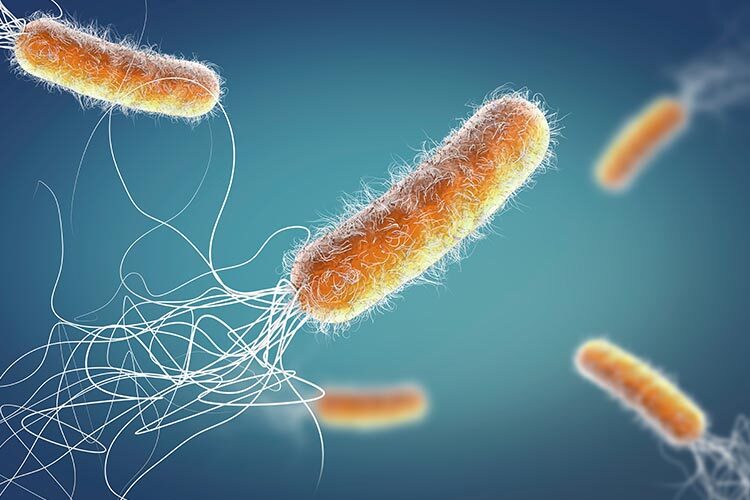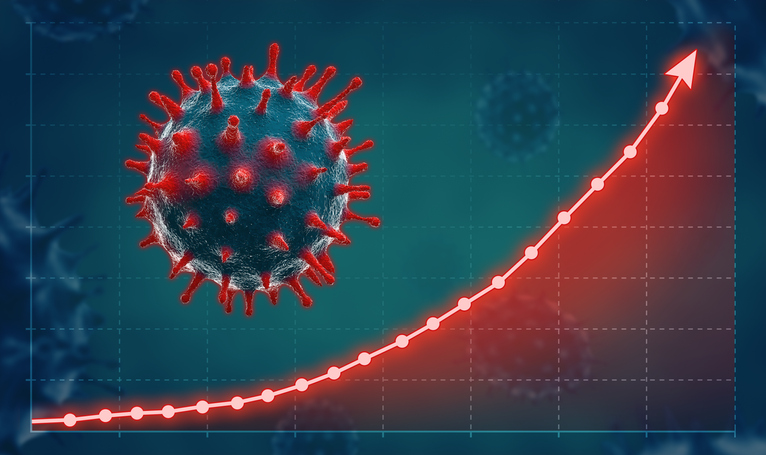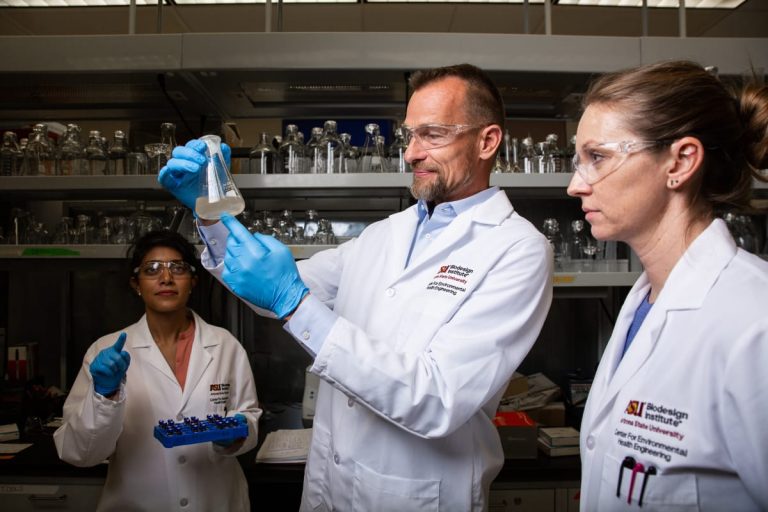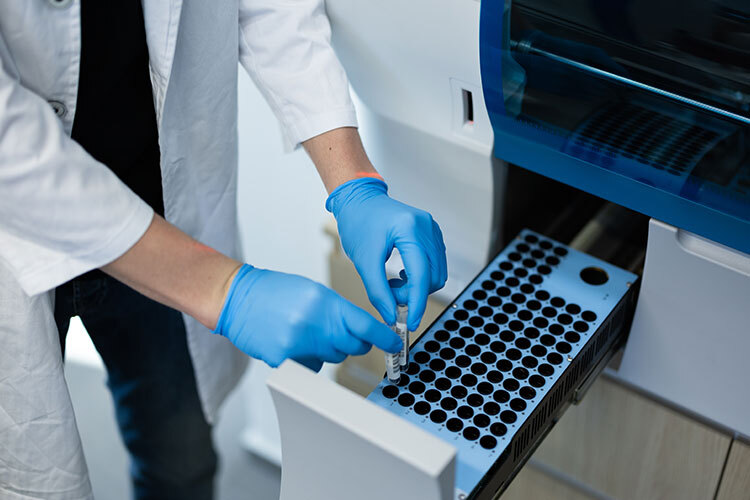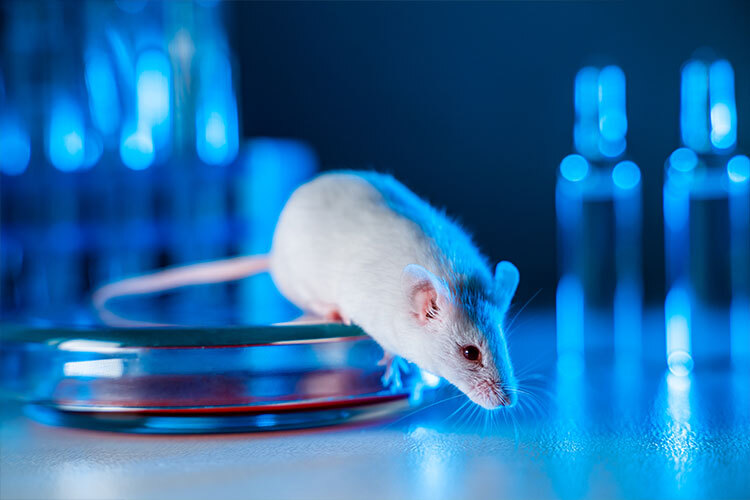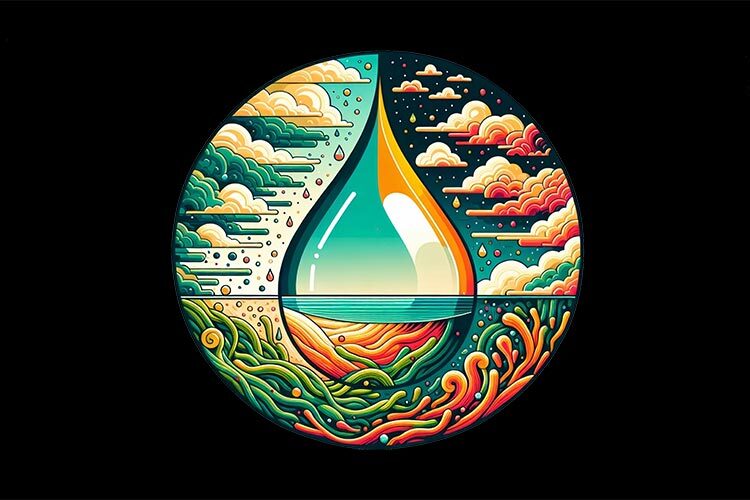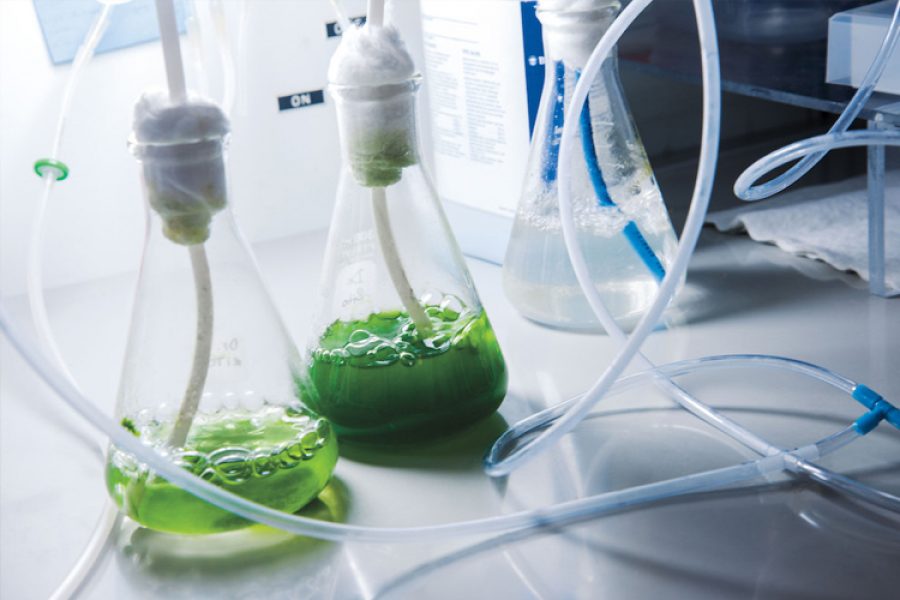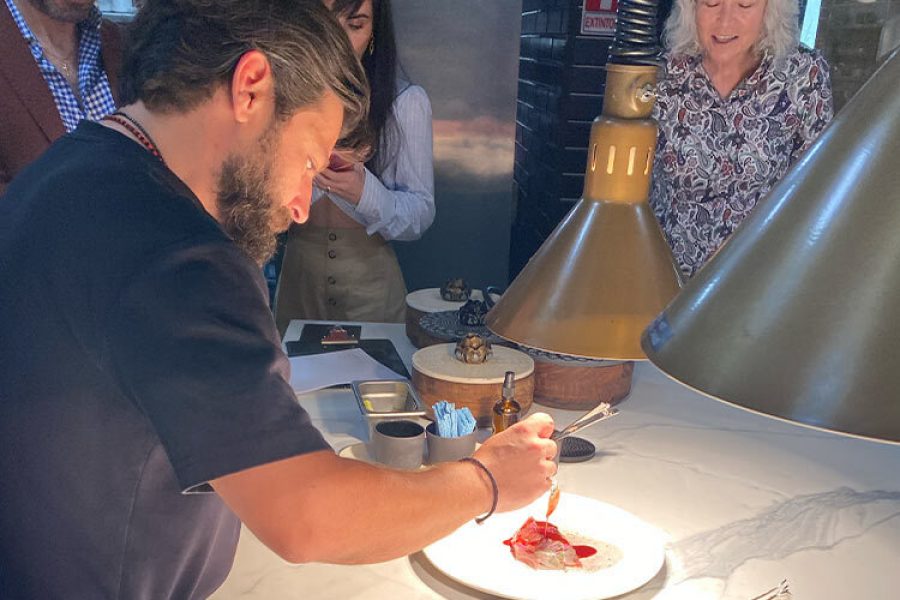70% of the antibiotics used in food production are not to prevent or cure diseases in animals and plants but to promote accelerated growth of offspring and improve crops.
However, this method used by the agricultural industry is causing a serious public health problem since it generates a large number of antibiotic-resistant bacteria that spread to people through their food.
Marcos de Donato, a professor from the Bioprocesses and Cell Biology Research Group at the School of Engineering and Sciences (EIC), is currently working to detect resistant bacteria. He says in an interview with TecScience that although antibiotics have marked a milestone in the history of humanity, we are now experiencing a pandemic due to resistance from bacteria.
What is antibiotic resistance?
Antibiotics have been an extremely useful tool, but they have been overused. According to the World Health Organization (WHO), drug resistance is spreading around the world and these drugs are becoming less effective, leading to more difficult-to-treat infections and increased mortality.
Increasing numbers of infections, such as pneumonia, tuberculosis, gonorrhea, and salmonellosis, are becoming more difficult to treat due to antibiotics losing their efficacy.
The organization also warns that if people don’t change how they currently use antibiotics, the new drugs will suffer the same fate as the current ones and become ineffective.
As De Donato says, “the error has spread to many levels. For example, they should only be used under medical supervision and direction, but most antibiotics are prescribed by general practitioners who are not infectologists. In turn, ordinary people don’t understand very well what they are for and take them for [alleviating] flu symptoms.”
He calls the lack of regulation on the use of antibiotics in the agricultural industry incredible. “You can buy tons of antibiotics with a simple prescription from a vet and their use is not tracked. There is a lack of education for farmers and all those who are involved in the food industry.”
Water pollution
This situation is further aggravated because sewage from cities and hospitals, which does not have any type of treatment against resistant bacteria, often ends up in second-use irrigation systems.
“It is known that there are frequent infections with much more resistant organisms in agricultural areas with widespread use of this type of water for irrigation. This is a problem that must be addressed from the educational side, with the people who use antibiotics, and from the field of regulations,” says the scientist.
He adds that, “what we’re doing on a large scale is killing what is sensitive and leaving everything that is resistant. Antibiotics are a necessary weapon for health problems, but they should be used as a strategy only when strictly necessary.”
We live in a world of bacteria: we breathe them, we drink them, and we eat them, but bacterial resistance is affecting the way we deal with conditions that should not be serious.
According to Marcos de Donato, some diseases are currently more difficult to treat than before, such as urinary tract infections or managing diabetes, which depresses the immune system, leading to diabetic foot and sometimes amputations.
“The idea is not to get rid of antibiotics but to use them appropriately without causing a negative impact. They’re a useful tool, but we need to use them well,” he proposes.
